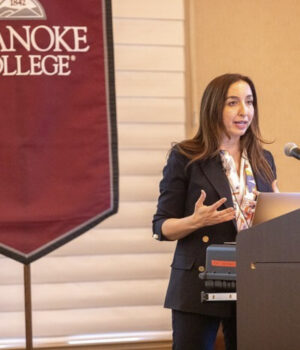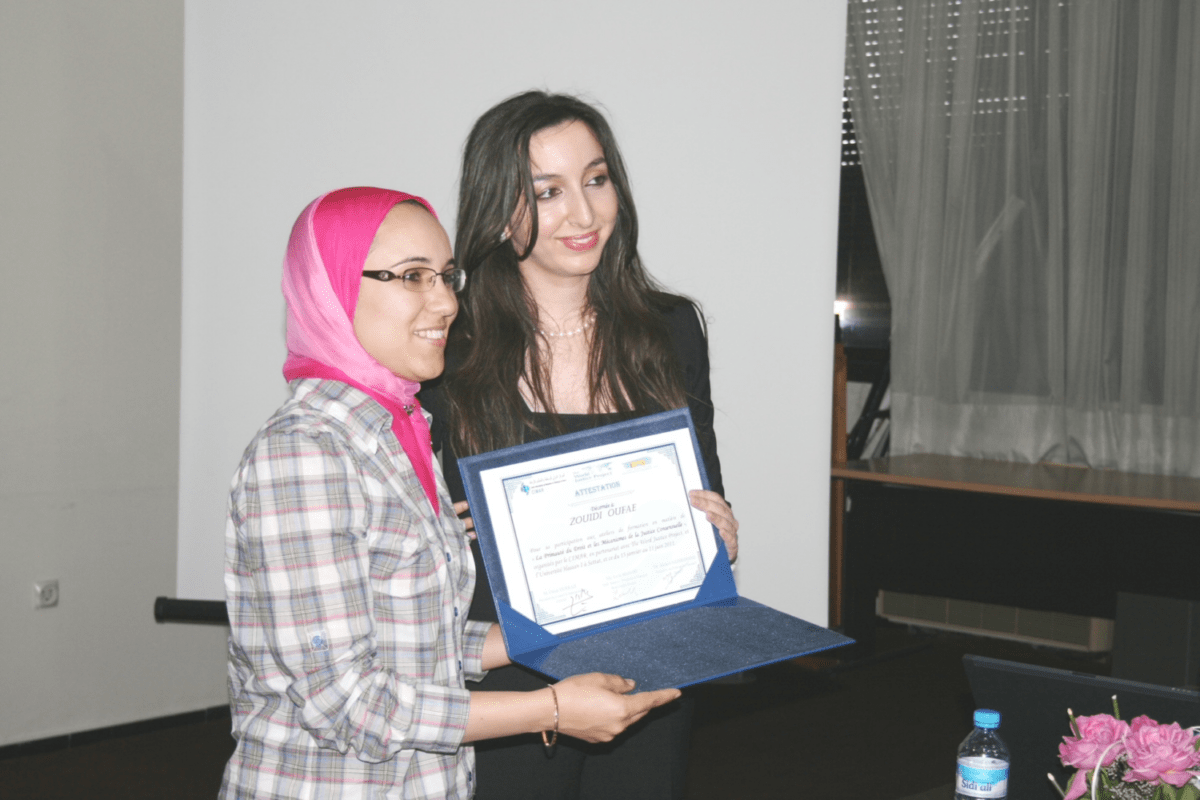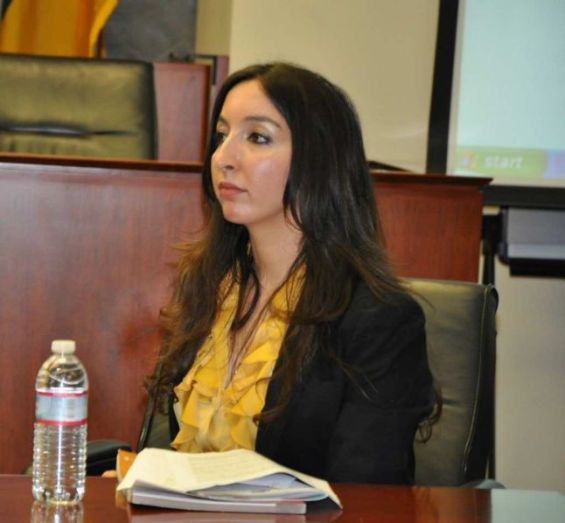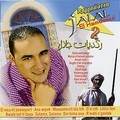Born and raised in Rabat, Moroccan-American lawyer Leila Hanafi embraced diversity from a young age. Living across Africa with her father, who had a career with the United Nations, Leila was influenced by this diverse environment to shape her future. After living in Madagascar and later in the United States, she chose to pursue a career in law and justice.
Based in Washington, D.C., Leila enrolled at George Washington University Law School. «Driven by a desire to showcase the world’s diversity and pursue a career in law and justice, I focused on advocating for the legal empowerment of all, particularly women and youth», Leila told Yabiladi in a phone interview.
She then moved to the UK to pursue a doctoral degree in law at Canterbury University Law School. Though she never left academia, Leila began her professional journey at a young age. As an undergraduate law student in Washington, Leila joined the World Bank.
«I applied for an internship program, and at the time, I believe I was the youngest person to join, as I was only 19», Leila recalled proudly. «Being in Washington, D.C., at the heart of international diplomacy, law, and organizations, gave me easier access to these institutions», she explained.
A flourishing career within the World Bank
Within the World Bank, Leila was able to broaden her expertise and clarify her priorities in law. «My interest wasn’t simply to practice law in a traditional sense. I wanted to harness the transformative power of law to advance the World Bank’s mission—promoting development, eradicating poverty, and enhancing prosperity», she noted.
Leila firmly believes that law should serve as a tool for justice and rule of law. This conviction has guided her to roles where she can bridge the gap between international legal frameworks and their practical application in countries where the World Bank or UN operates, such as in Africa and the Middle East.

Currently, Leila holds a senior legal position at the World Bank and serves as an adjunct law professor at George Washington University Law School. She has actively participated in projects and programs within the World Bank to promote her vision for the rule of law.
«One example is my work with the World Bank in Morocco, where I contributed to a project aimed at enhancing the justice system by supporting the digitization of judicial processes and improving access to justice for women», she recalled. «My goal is to bring justice closer to people by making law more accessible and practical, breaking down complex frameworks into tangible solutions that benefit individuals and society as a whole», she stressed.
Law advocacy
Leila was also active in the MENA region during the Arab Spring, working on international coalition-building and partnerships. «I focused on promoting justice and the rule of law globally, particularly within the International Criminal Court (ICC) system. I worked to encourage countries like Tunisia to join the ICC by ratifying the Rome Statute, aiming to increase representation from North Africa and the Middle East», she said.
Later, she founded the Alliance for Rule of Law Promotion and Alternative Dispute Resolution, where she established a network of women lawyers in North Africa, empowering them and advocating for justice in the region. In Morocco, she has organized annual gatherings for the past two years, bringing together women lawyers from countries like Libya, Tunisia, and Mauritania.

«Our focus is on knowledge sharing, empowering women lawyers in areas such as access to justice and support systems for women. We explore best practices from different countries, including Morocco, Tunisia, and Jordan, learning from one another’s experiences», she explained.
Alongside her academic work in Washington, D.C., where she teaches and conducts research, Leila ensures she shares her expertise with young law professionals in her home country, Morocco. This «giving back» takes shape through partnerships and exchanges with Moroccan law students, particularly in fields like international law. Committed to advocacy, Leila believes empowering young women and her fellow peers in law is essential.




 chargement...
chargement...












